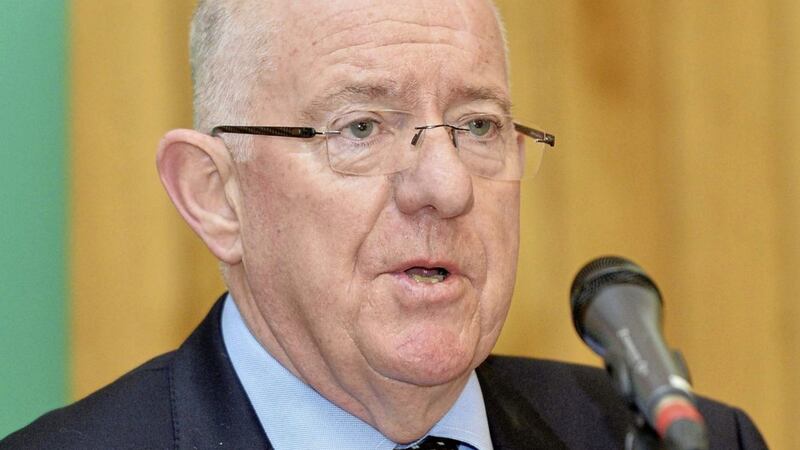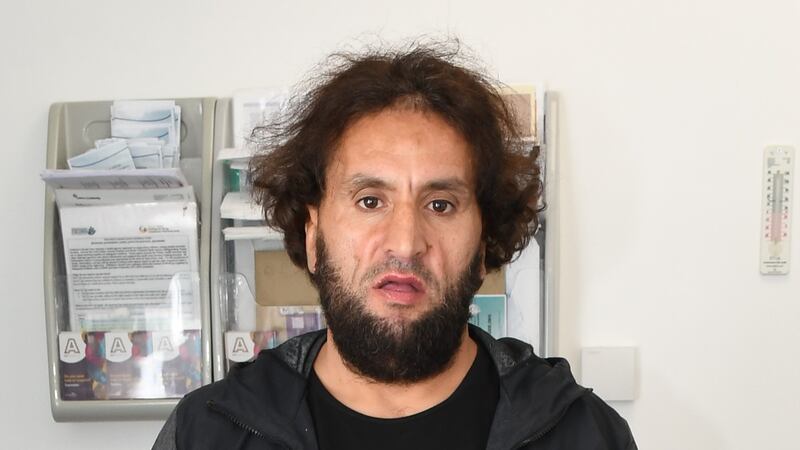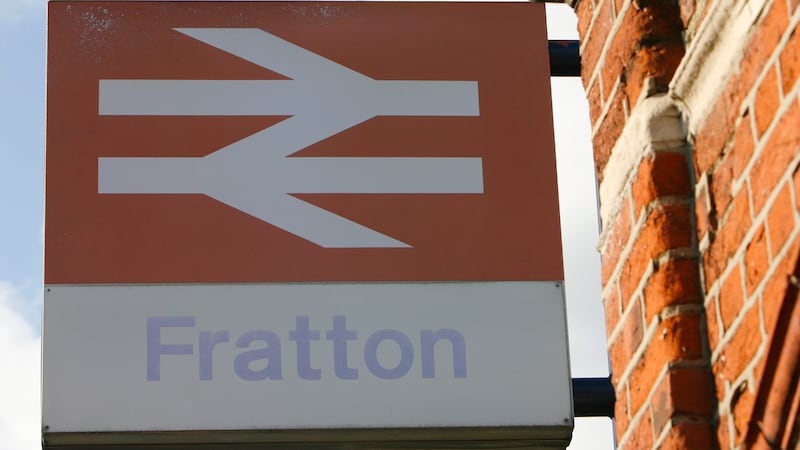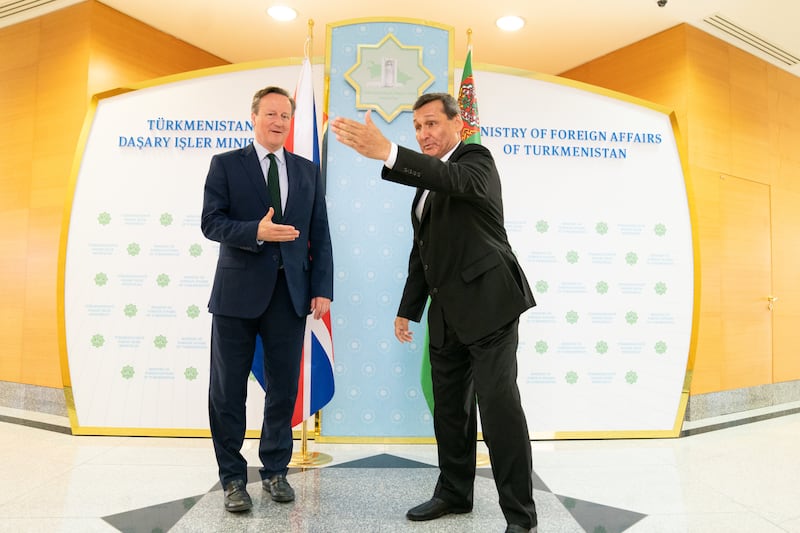THE lodging of the UK's Article 50 notification today will begin to change the relationships between Ireland north and south and between Britain and Ireland.
The scale and nature of these changes will only become clear through the Article 50 negotiation and the determination of the UK's future relationship with the EU. But the changes are likely to be profound.
Brexit is a British policy that I spoke against. But as a democrat, I must respect the overall outcome of last June’s referendum. I do recognise however that 56 per cent of voters in Northern Ireland voted to remain in the EU.
In our capacity as a co-guarantor of the Good Friday Agreement, the Irish Government is doing all it can to ensure that the interests of the people of Northern Ireland are protected in the difficult and complex negotiations ahead.
Since the referendum result last year, I have had over 50 engagements with EU Foreign Ministers and with the European Commission to sensitise them to the issues for Ireland, north and south.
Earlier this month, I began the first of a series of visits to the border with an EU Foreign Minister. The visit – involving briefings on trade and security - was deeply impactful and I plan to welcome more colleagues in the time ahead.
I am satisfied that there is a clear understanding of our concerns and, in particular, the need to protect the gains of the Peace Process. The Commission’s negotiator, Michel Barnier, has been explicit in his recognition of the issues for Northern Ireland.
Nonetheless, I and my government colleagues and our officials will continue this sustained engagement with EU partners.
Since 2015 we have been considering the consequences of Brexit and we have identified many challenges.
Some are political – Irish and British governments will no longer work together on common approaches to EU issues.
Some are economic - a UK withdrawal from the single market and the customs union would challenge us to maintain the £1 billion weekly trade between Britain and Ireland.
The all island economy may be severely impacted in many areas. In particular, our agriculture sector which sees, for example, Carrybridge milk processed in Cavan and sold as butter or Baileys in Birmingham, Belfast and Baltinglass.
There will be challenges in the areas of policing and justice cooperation, cross-border working arrangements, educational exchanges and much more.
I am determined that the Irish Government will do all it can to keep the interests of Ireland, north and south, at the heart of the negotiation.
Our ongoing all-island civic dialogue process, involving a broad range of stakeholders and voices representing business, trade unions, civil society, education, research, and politics from across the island is a key part of our consultation.
The North South Ministerial Council has had a strong Brexit focus over the past year working to identify impacts, risks, opportunities, and contingencies for the island arising from the UK departure and, last November, agreed a detailed set of common principles to guide future work. This work must continue but it can only do so following the formation of an Executive.
I have been deeply involved in intensive talks in Northern Ireland in recent weeks and it is my strong desire to see the devolved institutions up and running as a matter of urgency. I believe the parties share that wish.
While Governments in Dublin and London can speak of the challenges Brexit poses for Northern Ireland, nothing can be more impactful that the unified voice of Northern Ireland’s political leaders.
Continuing respectful dialogue that recognises the need for both honouring previous commitments and for honourable compromise is required if the Executive is to be re-established.
This can be done. This should be done. It is time to get on with it.








